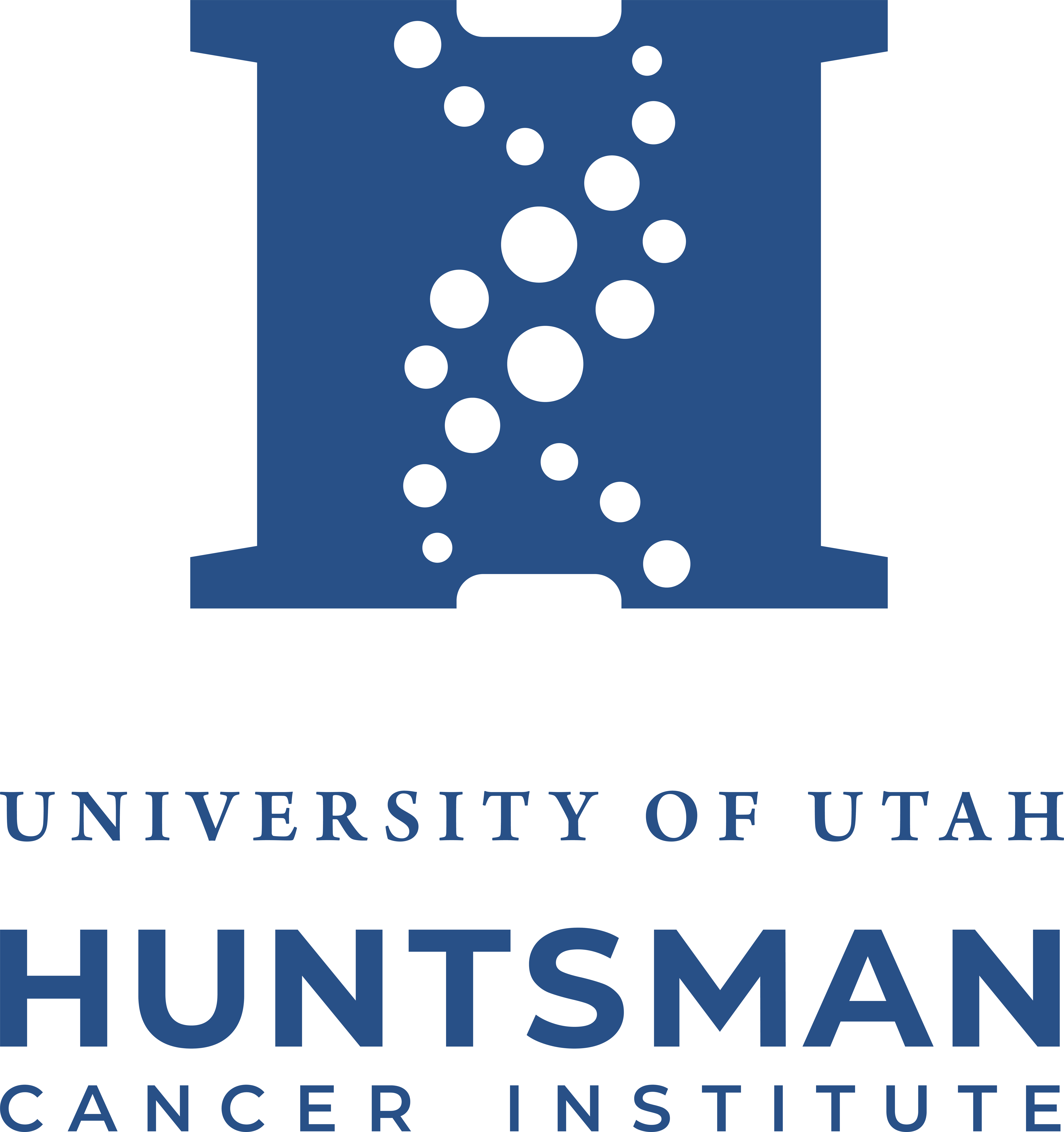
Dr. Agarwal on Second-Line Therapy Selection in Metastatic RCC

Neeraj Agarwal, MD, associate professor, Division of Oncology, Department of Medicine, University of Utah School of Medicine, Huntsman Cancer Institute, discusses second-line therapy selection in metastatic renal cell carcinoma.
Neeraj Agarwal, MD, associate professor, Division of Oncology, Department of Medicine, University of Utah School of Medicine, Huntsman Cancer Institute, discusses second-line therapy selection in metastatic renal cell carcinoma (mRCC).
If a patient with mRCC has progressed on a VEGF TKI or immunotherapy, physicians should opt for the most effective second-line or salvage therapy. Many of the therapies that are approved in the second-line setting are also approved for later lines of therapy, notes Agarwal. However, the optimal agent in the second-line setting is cabozantinib (Cabometyx), he adds.
Cabozantinib inhibits VEGFR, MET, and AXL kinases. As a monotherapy, cabozantinib is associated with the longest progression-free survival (PFS) in the second-line or third-line setting. The length of PFS is an important factor to consider, explains Agarwal. The longer PFS a patient has, the greater the likelihood that they will live and potentially see subsequent lines of therapy, he concludes.




































